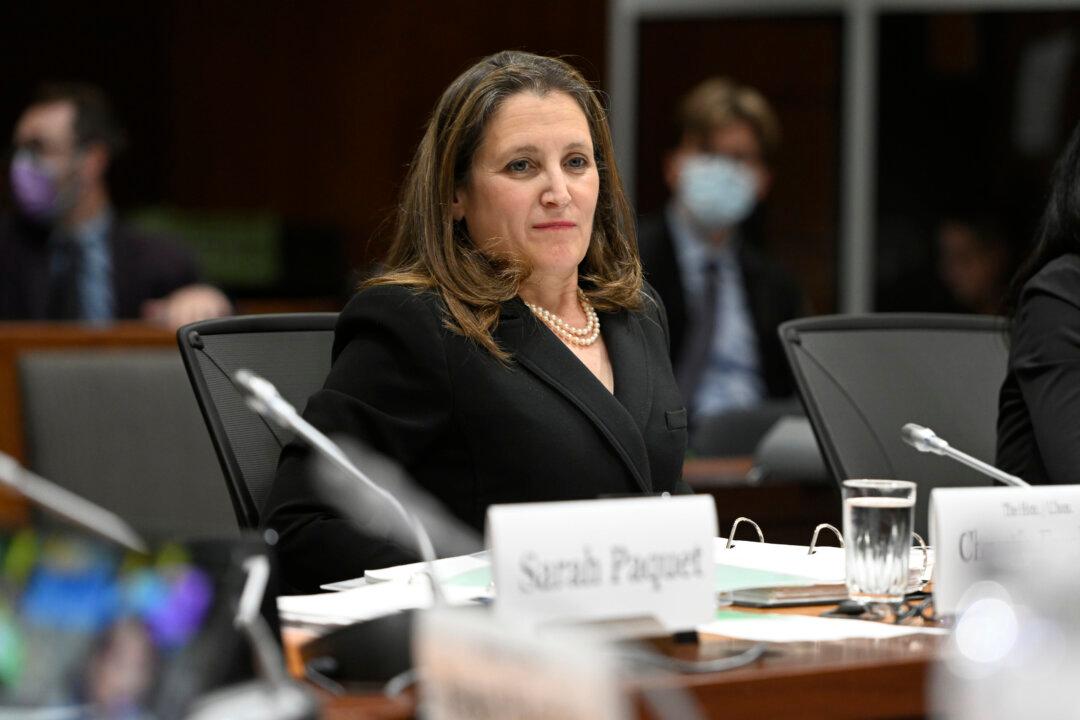Will the public get a clear picture of whether the threshold was met for the government to invoke the Emergencies Act to clear the Freedom Convoy protests in Ottawa back in February? Will the public find out the critical information that might have led to the decision to use the act for the first time since its creation in 1988?
Those and many other questions are what some are seeking answers to from two separate bodies mandated by law to probe the act’s invocation. One is the currently sitting Special Joint Committee on the Declaration of Emergency (DEDC). The other is the Public Order Emergency Commission that will be conducting an inquiry into the use of the act.





